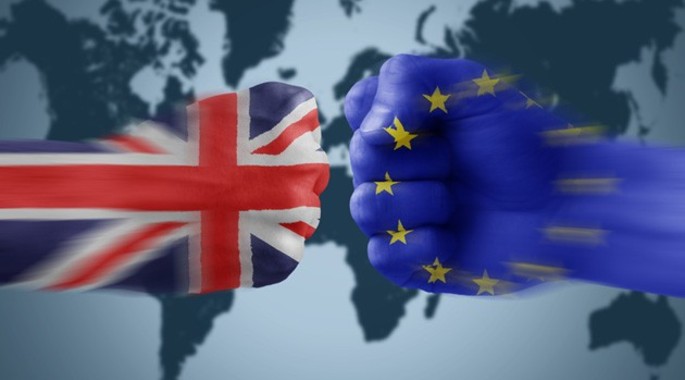The situation in England is being compared to the “phoney war,” the eight-month period at the beginning of World War II (September 1939 to April 1940) during which, despite a declaration of war, the U.K. and France stood around watching Hitler’s blitzkrieg without offering any resistance. Nothing is happening now because Brexit hasn’t even been declared officially. After the vote’s initial shock, life goes on as “normal” in the “phoney war,” while waiting for the “real” war when the negotiations begin. Economic data are released one day that tells Brexiteers that everything is going better and the future is coming up roses in the face of pro-Europe prophets of doom, who tried to terrorize voters into remaining. The next day, the data suggest a serious crisis. But Theresa May is keeping her cards close and refusing to give any hints to clarify Brexit’s significance and strategy, except to say that “England will exit Europe but we’ll negotiate a new market agreement with Europe.” Her theory is that any anticipation could prejudice the negotiations, but there are critics within her own government. In summary, no one seems to know how the question will crystallize, from immigration to the reactions of multinations that are constantly evaluating how long to stay or to leave London. The only certainty is that the current phoney war will drag on for more than eight months. And it remains to be seen how severe (or less) Merkel’s hostility will be, as well as the others at the negotiating table. At the same time, in England, the advocates for a second referendum aren’t giving up; the EU’s constitutional vertices affirm that nothing in article 50 prohibits a reconsideration even after the process has been activated.




















Lascia un commento